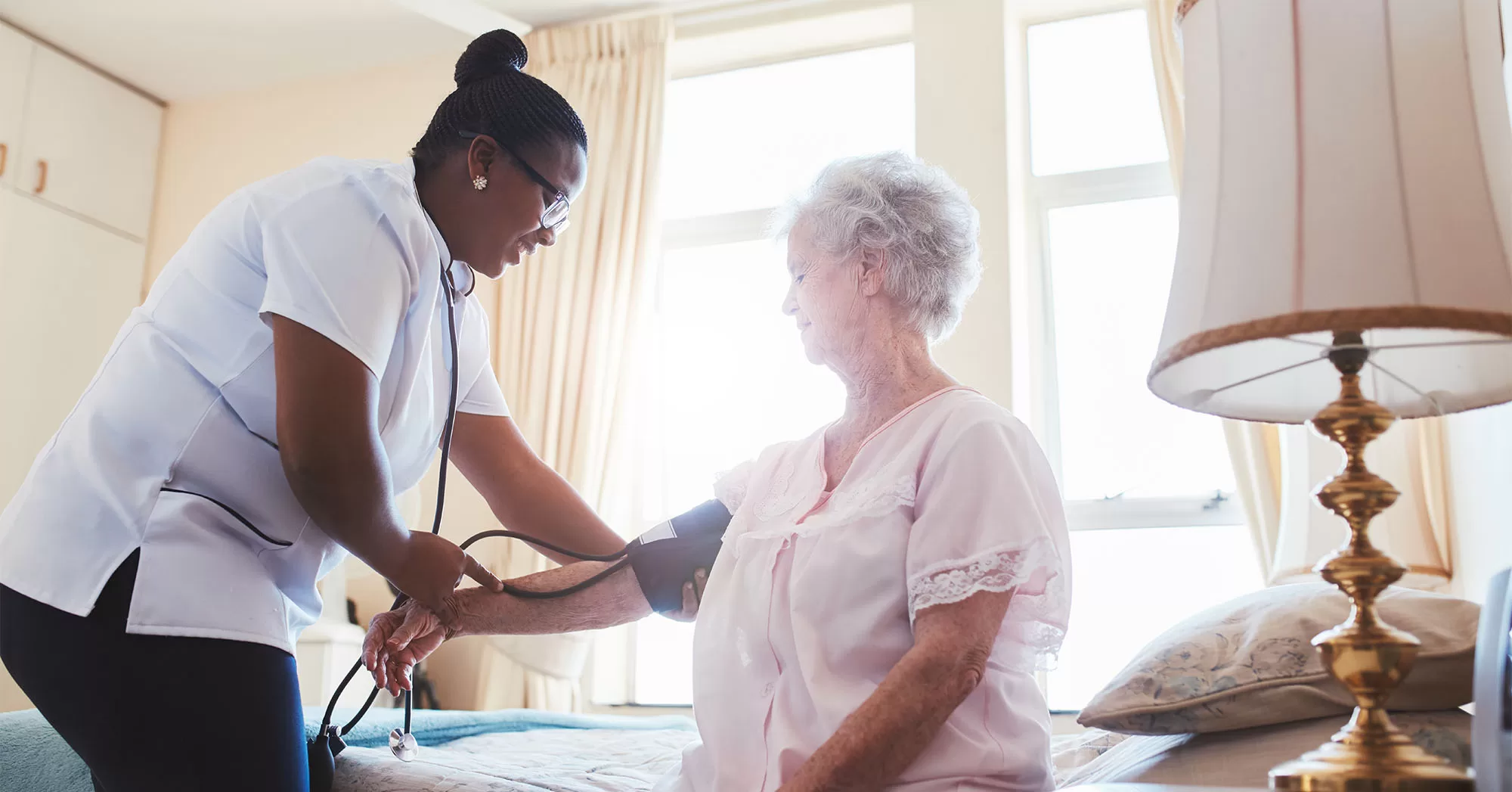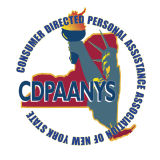Music has a profound effect on our moods. When an upbeat tune comes on, it can be hard to resist tapping your feet, bobbing your head, or singing along! And just like that, your mood has been elevated.
Music’s magical effect doesn’t go away when someone develops dementia. In fact, just like other creative arts, music can become even more important in later stages of dementia. It becomes a way to reach someone who may no longer be able to express themselves as easily as they used to.
There are numerous studies about the positive effect of music on older adults with dementia. Music can stimulate the brain, boost your mood, decrease anxiety and support physical health and social interactions.
Consider using music if someone with dementia starts exhibiting challenging behaviors; music is a no-risk, non-pharmacological approach that has promising results with this population. (Please note: “challenging behaviors” are actually communication! If you can figure out the trigger for the behavior, such as discomfort, fear, or anxiety, you’ll get to the root of the behavior. In the right scenario, music can also help calm some of these feelings.) Studies show that live music can be even more beneficial than recorded music.
If you want to try out music with someone with dementia, here are some things to consider:
- What type of music do they like to listen to? Music they enjoyed when they were younger will stay with them through the disease process, since long-term memory remains intact longer. And studies show that people with dementia respond better to familiar music than unfamiliar music. Don’t be surprised if someone who hardly speaks suddenly starts singing all the lyrics to an old favorite song!
- Consider how to play the music so they can hear it best. Are they wearing their hearing aids? Would headphones be easier? Try to reduce other background noises like televisions or radios.
- Watch their expression when you turn on a piece of music. Do they light up with joy? If so, sing and dance along with them! Does it make them sad? Hold their hand or share a hug. Don’t be afraid to explore whatever feelings that the music may bring up. This will create a meaningful connection between the two of you.
For more information about using music with people who have dementia, check out Music and Memory, a non-profit that aims to help people with dementia “engage with the world, ease pain, and reclaim their humanity through the use of personalized music.” Their website has a number of helpful tips and free resources, including how to create a personalized playlist.
Happy listening!









